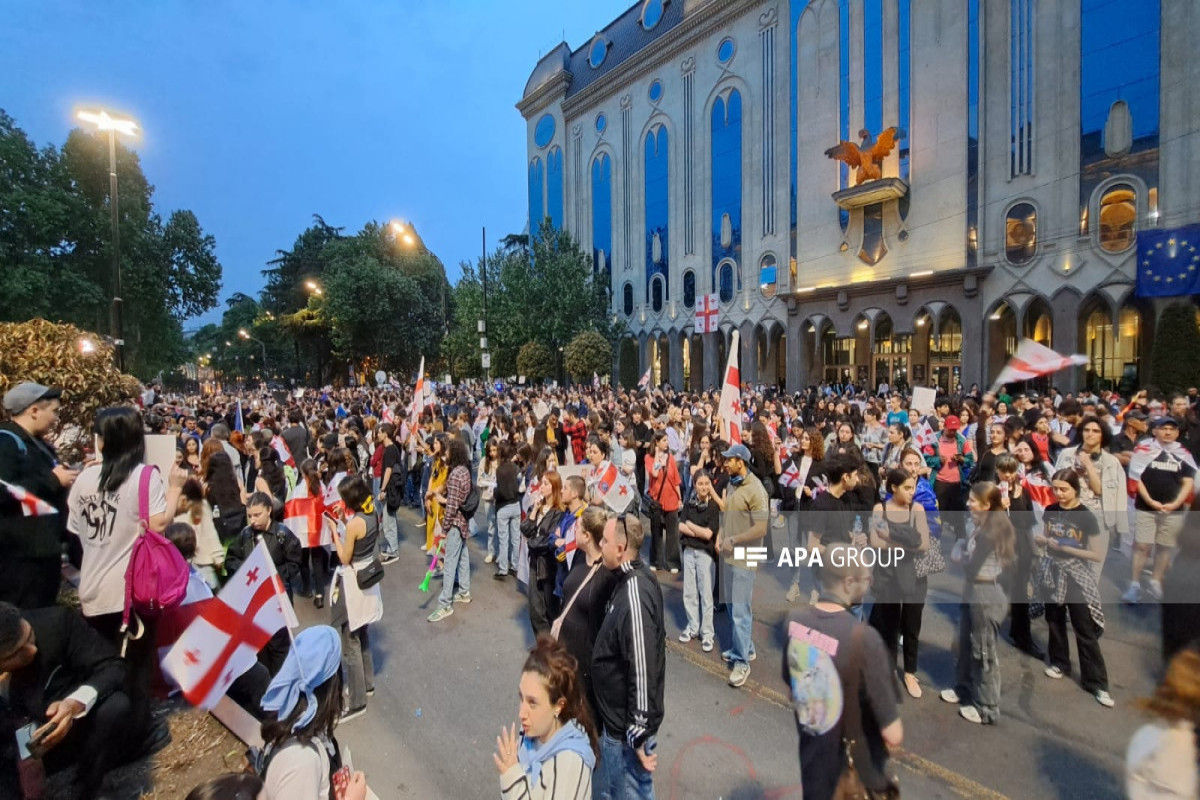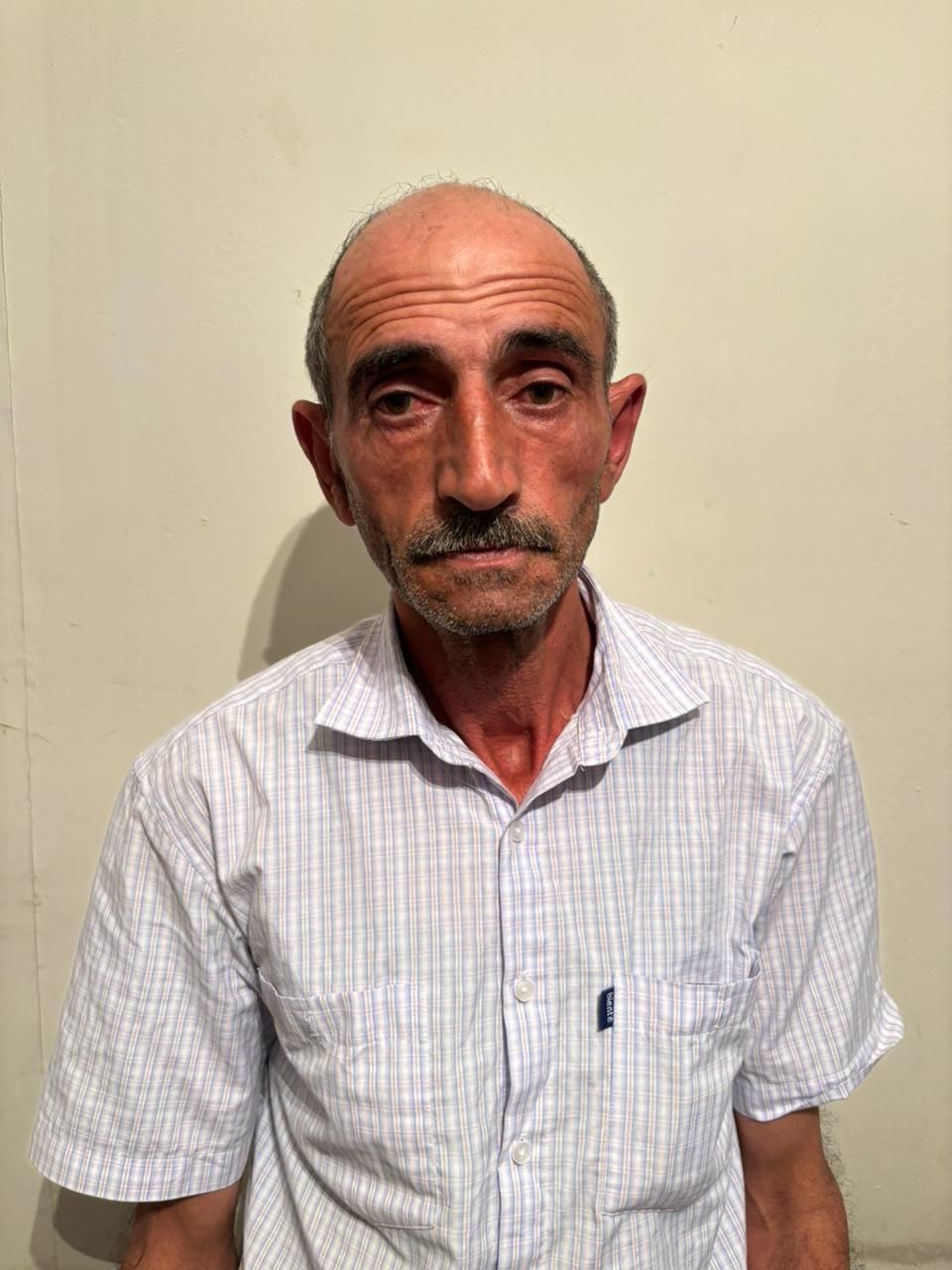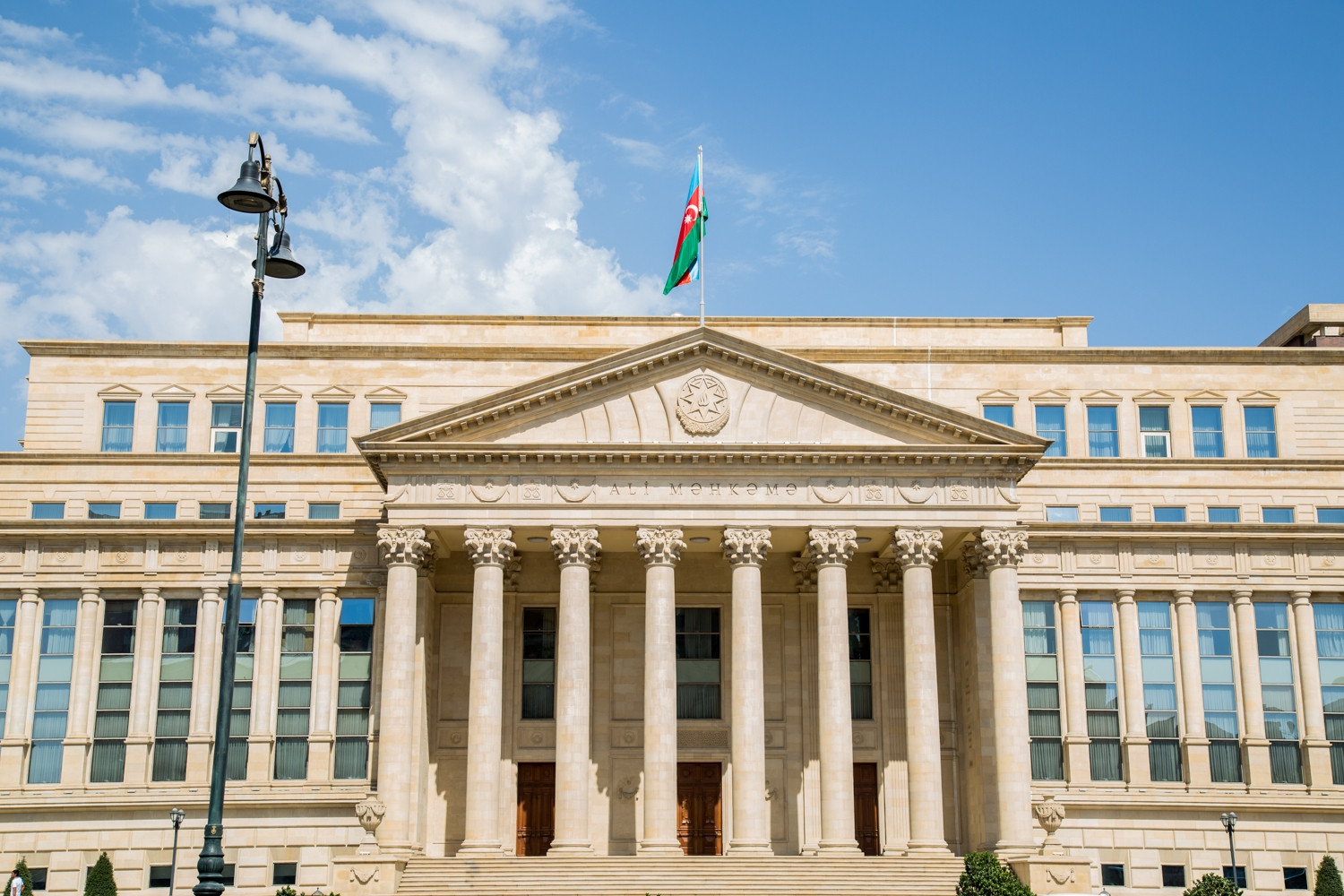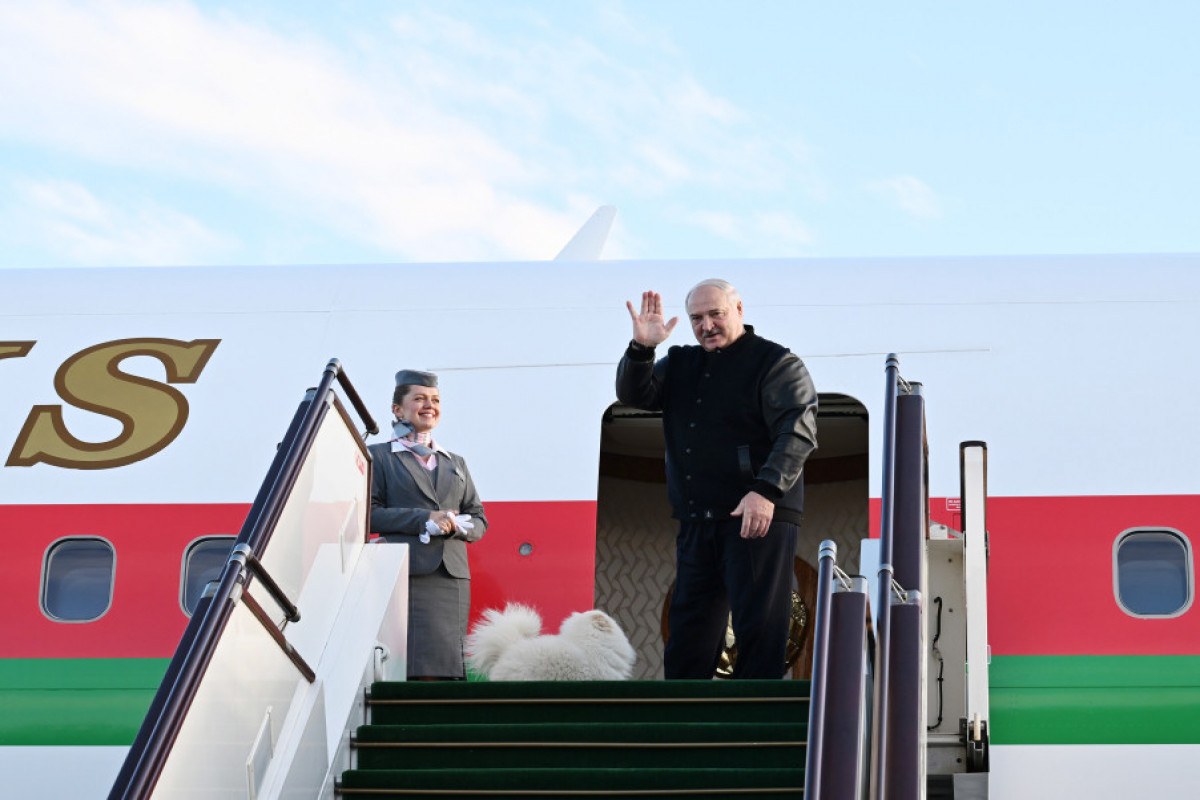Georgia is on the verge of chaos again - Will the West achieve the next 'color revolution'?"-ANALYTICS
- Smartbee
- Report

In Georgia, tension continues regarding the "Law on Foreign Influence." For several days now, there have been political debates, statements, opposition actions, clashes during the actions, and arrests surrounding this draft law. The draft law has already been passed in its second reading, and after two weeks, a final vote on it is planned.
So, what is in this draft law that has caused such controversy? According to the "Law on Foreign Influence," entities such as NGOs, media outlets, and legal and physical persons whose finances are more than 20% sourced from abroad must register in Georgia as foreign agents.
In addition to administrative penalties, imprisonment for up to 5 years is also envisaged for non-compliance with the law.
The "Georgian Dream" party, the party's faction in parliament, and government members appear committed in supporting the adoption of the draft law.
The founder and honorary chairman of the "Georgian Dream," Bidzina Ivanishvili, justifies the law's adoption by arguing that NGOs (Non-Governmental Organizations) are currently strengthening themselves in Georgia with foreign finances more for charity work than in Georgia. This is seen as a means for them to gain power in the future and plan for a new revolution.
The main opposition party in the country, the "United National Movement," and Western countries oppose the "Law on Foreign Influence," calling it a blow to democracy in Georgia and a method to silence criticism of civil society's governance. At this time, both opposition figures and Western media claim that the decision was made under the influence of Russia.
It's no secret that most NGOs and other organizations in Georgia are financed by various financial institutions and funds in the West. However, the government sees the decision as a means to increase transparency in foreign financial sources in civil society and the NGO sector.
It's clear that the decision to adopt or reject the draft law is an internal matter for Georgia. What's peculiar is the sharp reaction and objection from Western countries to the "Law on Foreign Influence."
The US and the European Union are openly trying to prevent the decision that the democratically elected political authority of an independent state wants to make. They even resort to political and diplomatic pressures, economic sanction warnings, all to prevent the law from being passed. It's as if the West doesn't want any control over the unmonitored financial resources sent to their organizations and institutions.
However, the goal of the Georgian government is simply to ensure transparency in the financial sources of NGOs financed from abroad.
In response to this, the Georgian government, especially the "Georgian Dream" party, is under serious pressure. On April 26, an open letter from 14 senators of the US Senate addressed to Georgia's Prime Minister Irakli Garibashvili warned that if the law were passed, Washington would reconsider its policy towards Georgia and apply sanctions to Georgian officials. This warning is just one detail of this pressure.
However, official Tbilisi does not intend to back down and is taking adequate steps to resist attempts to interfere in the country's internal affairs.
Interestingly, these processes are unfolding against the backdrop of Georgia receiving candidacy status for membership in the European Union just four months ago.
In this context, some past events along the Western-Georgia line are gradually resurfacing amidst the current tensions. For instance, Georgian Prime Minister Irakli Garibashvili accused Kelli Degnan, the former US ambassador to Georgia, of supporting attempted revolutions in Georgia in 2023. Garibashvili also added that in 2023, there were attempts by NGOs to finance revolution attempts from foreign sources.
This indicates strained relations between the West and Georgia. Since the "Rose Revolution" in November 2003, Georgia, opting for Euro-Integration, has experienced certain disappointments over more than 20 years. These include not receiving any support from the West during the "five-day war" with Russia in 2008, failing to receive significant support from the West for reclaiming South Ossetia and Abkhazia, and Euro-Integration not significantly improving the social situation.
Interference in the country's legislation and government formed through elections has also been observed in recent years. Europe couldn't replace the dividends it gained in trade with its northern neighbor, Russia, for Georgia.
On the other hand, what adds paradox to the issue is the existence of a similar law in the US, which seeks to find a "Russian trace" behind the "Law on Foreign Influence" in Georgia. The Foreign Agents Registration Act (FARA), enacted in 1938, requires foreign governments and foreign individuals and entities representing foreign interests in US policy to disclose their activities and financial sources.
The law adopted in Russia and Georgia in this regard carries the same essence, with the condition that the legal aspects and details of the laws need to be distinguished. It seems that in this example, double standards and the principle of "what's good for me may not be good for you" manifest themselves most prominently. Not only in the US but relevant legislative acts concerning foreign agents have been adopted in many Western countries.
France, which openly expresses its concern about the situation in Georgia and criticizes the use of force against protesters after the discussion of the "Law on Foreign Influence," is also one of these insincere and hypocritical countries.
Indeed, France, which has called on Georgia to adopt the law, itself has entered the final stage of adopting a similar law. The "law on preventing foreign influence," expected to be approved by the Senate this month after being adopted by the Lower House, is selected for its radical nature. The draft law requires all foreign agents engaged in lobbying, communication, and fundraising in France to register in a specially created registry. Individuals who fail to provide information about their personal data, activities, and connections may face a fine of up to 45,000 euros or imprisonment for up to 3 years.
As it seems, that Western post-Soviet countries aggressively react to the adoption of analogous laws in their own countries, which impose strict controls on financial sources coming from abroad to the NGO sector and impose restrictive and criminal liability measures in this field. They dress steps taken for transparency in NGO financial sources in anti-democratic attire, openly intervene in the internal affairs of countries, and do not even hide it...
Robin Dunnigan, the US ambassador to Georgia, also stated in a statement released on May 2 that the Georgian government has refused to engage in discussions about a strategic partnership with the US, calling it unacceptable.
The diplomat emphasized that the embassy has recently invited senior members of the Georgian government to discuss any concerns about strategic partnership and US assistance directly with the highest-level leaders in the US, but the Georgian side has not accepted this invitation.
The ambassador noted that the Georgian government's recent elections have moved the country away from its Euro-Atlantic future, expressing regret that the ruling party appears determined to advance the "Law on Foreign Influence."
Later, the ambassador, reflecting on her 32 years of service in Georgia, stated that they are not inclined to change their strong commitment to the European future, which will bring more peace and prosperity to the Georgian people and the future of Georgia.
"Every Georgian who sees the fruits of our investments and programs knows this," Ambassador Danniqan remarked. It can be inferred from the ambassador's statement that despite their efforts over the years for Georgia, the current government cannot take any steps outside the will of the West.
Con Kirby, the national security spokesperson for the White House, also expressed deep concern about the "Law on Foreign Influence" in Georgia.
"We are very concerned about this legislation - about what it could do to stifle opposition views and freedom of speech. There is a vibrant civil society there (in Georgia)," Mr. Kirby emphasized.
The statement from the Georgian Ministry of Foreign Affairs sheds light on some issues regarding the US statements. It becomes clear from the statement why the Georgian Prime Minister declined the invitation to visit the US. Apparently, there was a condition attached to the invitation, which required the Georgian parliament to temporarily suspend consideration of the draft law on the transparency of foreign influence before the Prime Minister's visit. However, such a condition contradicts the spirit of mutual respect and trust-based partnership, and detailed explanations were provided to the US ambassador about this matter.
It seems that the US and the West are unwilling to agree with any country, especially with Georgia, leaving their orbit.
It is worth noting that elections held in Georgia after the "Rose Revolution" have been considered democratic and fair by both the US and Western countries and institutions. There have been no statements heard about the falsification of elections in Georgia from them. Moreover, the "Georgian Dream" party won the elections precisely through the will of the people and currently holds power. However, the behavior of the US and the West indicates that they are not inclined to respect the will and choice of the Georgian people; instead, they are ready to interfere in the elections of nations and countries for their own interests.
Bütün xəbərləri reklamsız oxumaq üçün qeydiyyatdan keç və ya login ol. Günlük ölkədə baş verən xəbərləri bizdən izlə.




















